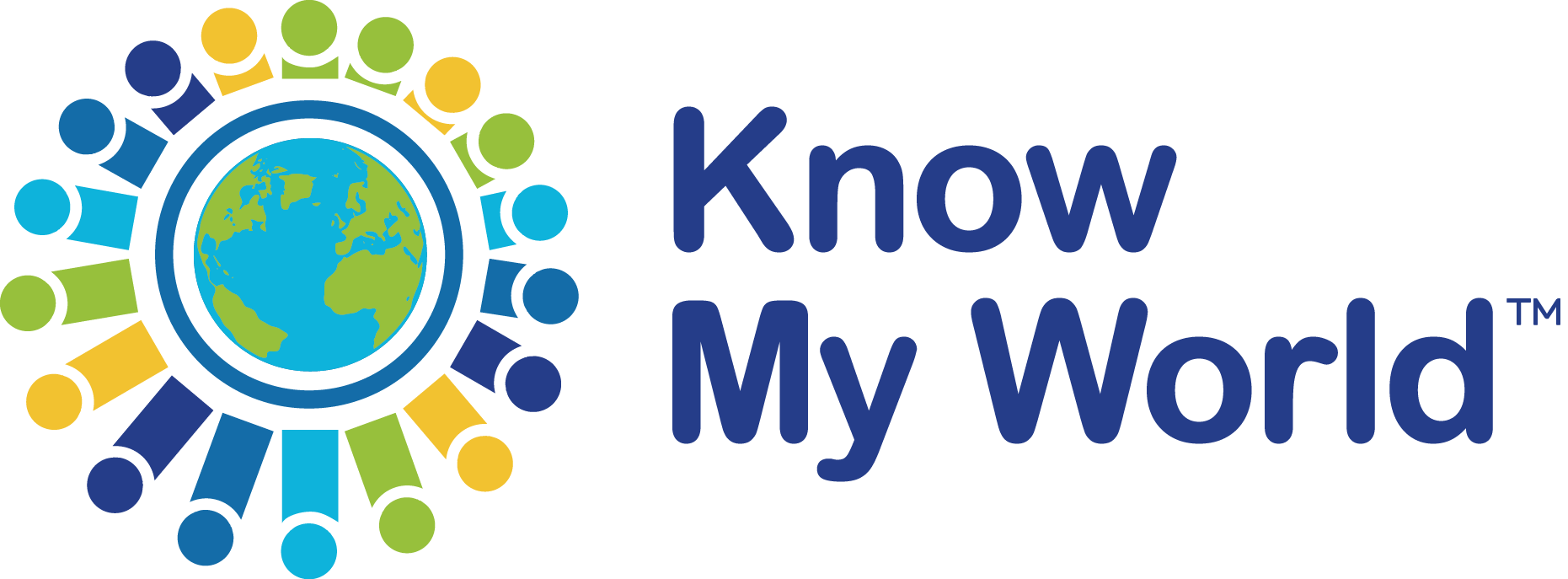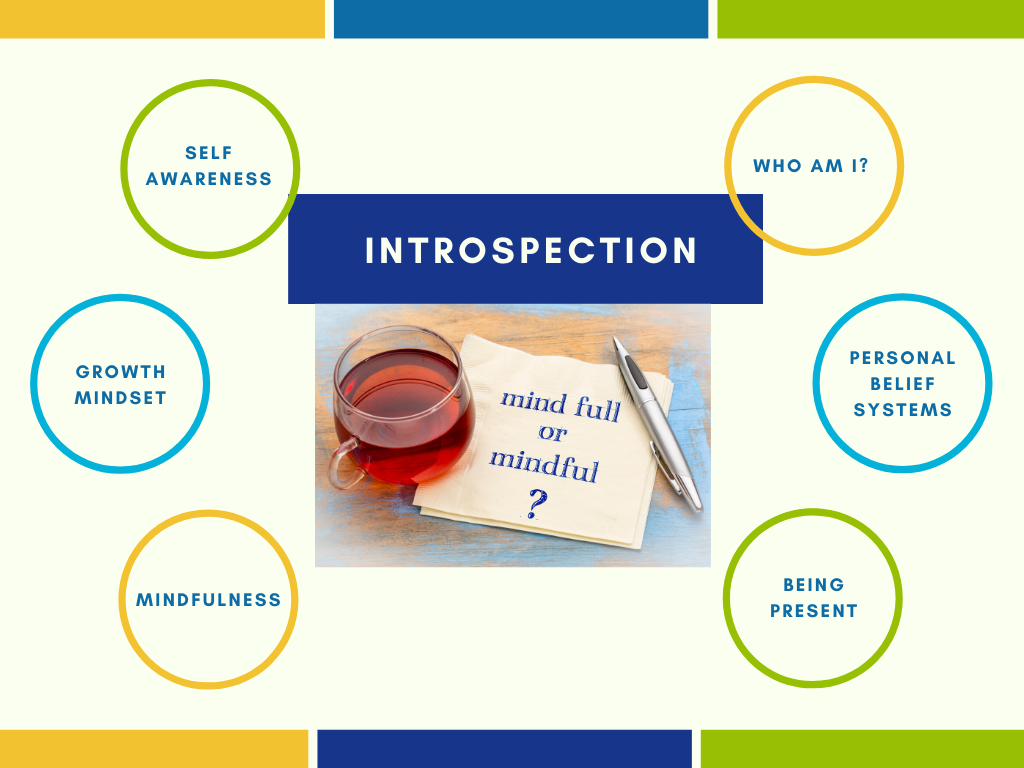Program Modules
Module 1: Introspection
Introspection is the process of being self-reflective. Our modules start with introspection, because your level of self-awareness impacts how effectively you are able to interact with the community and world around you. It affects your emotional wellbeing, your communication skills and your ability to process what you are experiencing. Being self-aware is critical in understanding how to support and guide students through their life experiences and challenges. Our digital world provides ample opportunities for distractions and we often forget to check in with ourselves and be aware of the internal dialogues that are taking place mentally, physically, emotionally and spiritually within ourselves. This module is designed to help guide educators in contemplative practices including Mindfulness, Growth Mindset and Self-Awareness.
Module 2: Cultivating Empathy
Empathy is the ability to vicariously feel what another person is feeling. It requires a lot of understanding, awareness and sensitivity. It is an incredibly important skill to help students understand how to connect with others, and process the local and global challenges they are experiencing. Students model the examples they see around them, which is why it’s very important for educators to understand the research and best practices related to empathy, and implement them in their classroom as often as possible. Modeling concepts of nonviolent communication, positive discipline and restorative practices with your students helps transform the dynamic of your classroom culture and cultivates caring, inclusive communities.
Module 2: Cultivating Empathy
Empathy is the ability to vicariously feel what another person is feeling. It requires a lot of understanding, awareness and sensitivity. It is an incredibly important skill to help students understand how to connect with others, and process the local and global challenges they are experiencing. Students model the examples they see around them, which is why it’s very important for educators to understand the research and best practices related to empathy, and implement them in their classroom as often as possible. Modeling concepts of nonviolent communication, positive discipline and restorative practices with your students helps transform the dynamic of your classroom culture and cultivates caring, inclusive communities.
Module 3: Mental, Emotional and Behavioral Wellness
Within the complexity of the classroom there are multiple students with multiple personalities, challenges and needs. This module will build competence in recognizing symptoms and knowing best practices to help educators respond to difficulties surrounding the mental and emotional wellbeing of children and adolescents. Some challenges include: stress, anxiety, depression, and behavioral difficulties. When students face adversity, challenges, or frustrations resilience helps them bounce back. This module will also help teachers identify skills to support students in becoming more resilient.
Module 4: Dynamic Intercultural Learning
World-mindedness is a term related to how people see themselves in connection to the global community. This module will guide educators in how to increase cultural awareness and sensitivity among their students by deepening their knowledge and skills in supporting cultural interactions, responsiveness, appropriateness, and connection. The more interactions students have with cultures outside of their own, the wider their world mindedness expands, and the more they appreciate the diversity of other cultures. These interactions lead to increased interpersonal skills and cultural competencies, which are two major skills today’s leading companies are looking for when hiring.
Module 4: Dynamic Intercultural Learning
World-mindedness is a term related to how people see themselves in connection to the global community. This module will guide educators in how to increase cultural awareness and sensitivity among their students by deepening their knowledge and skills in supporting cultural interactions, responsiveness, appropriateness, and connection. The more interactions students have with cultures outside of their own, the wider their world mindedness expands, and the more they appreciate the diversity of other cultures. These interactions lead to increased interpersonal skills and cultural competencies, which are two major skills today’s leading companies are looking for when hiring.
Module 5: Social Action
As a culminating project, this module will provide an opportunity for educators to apply what they have learned from this course, within their classroom. Our Know My World facilitators will guide you through our unique cross-cultural digital exchange process, aligned to cultural competencies, or the United Nations Sustainable Development Goals. Educators will be connected with a classroom in another country and will work together to design and develop an impactful project for their students. During the second semester, the project that is developed in this module will be implemented within both teacher’s classrooms. Content and results will be shared on a digital platform.





